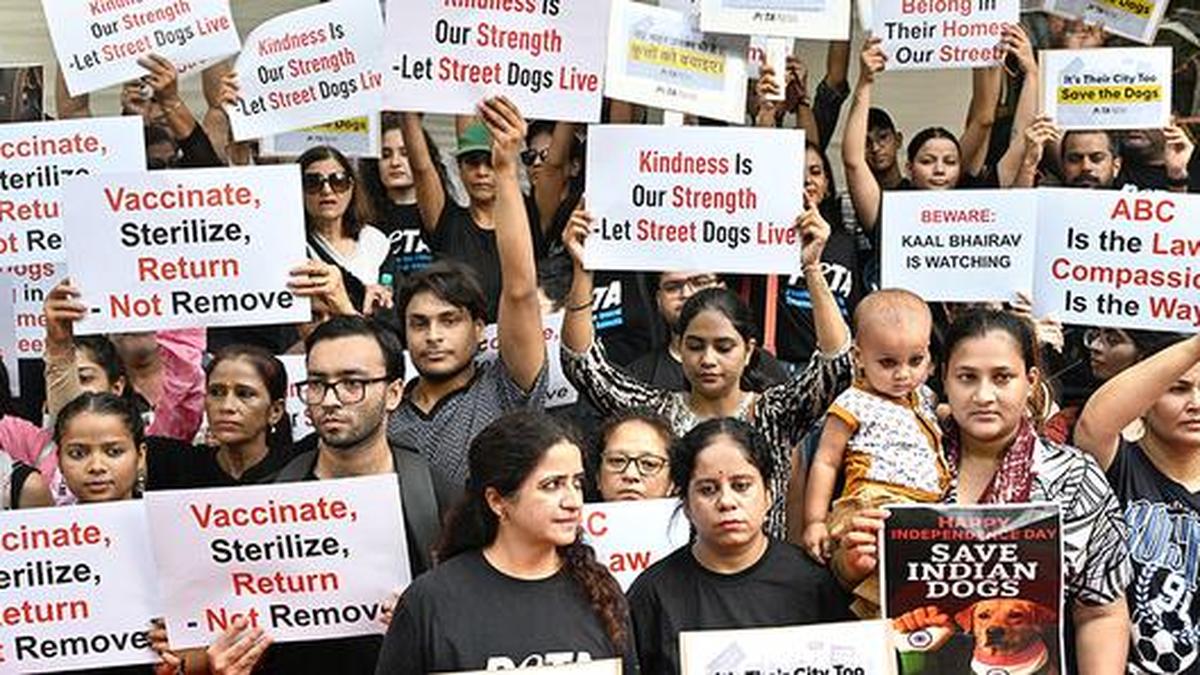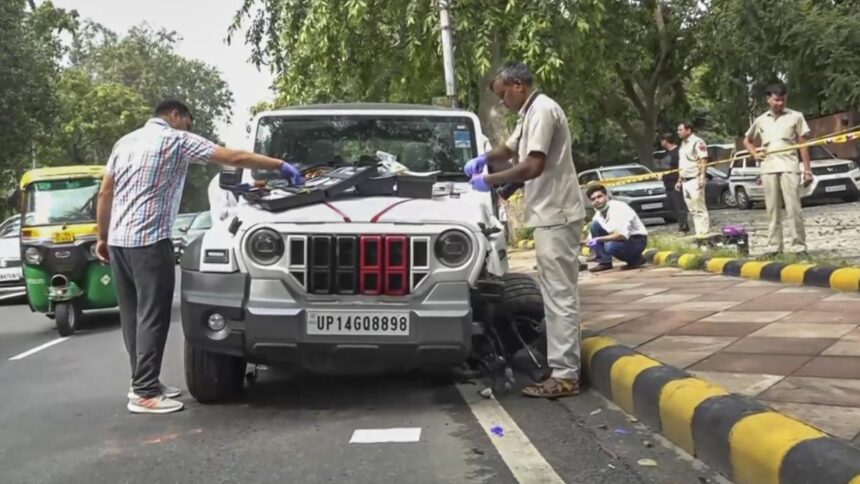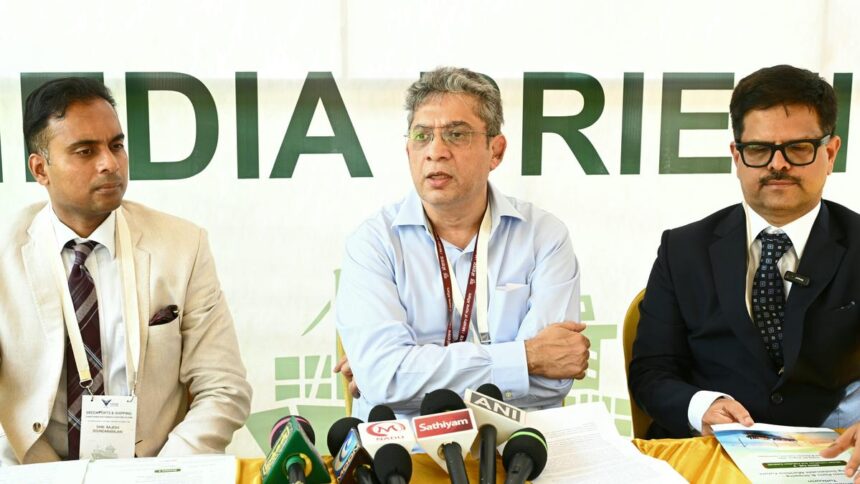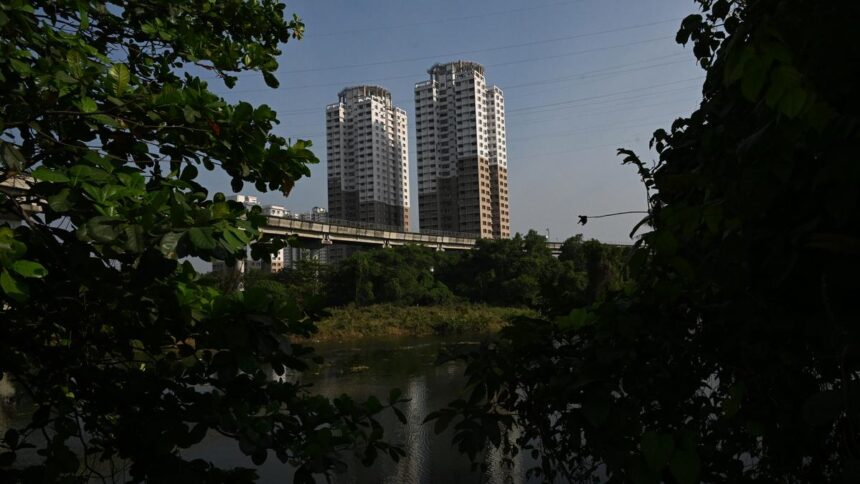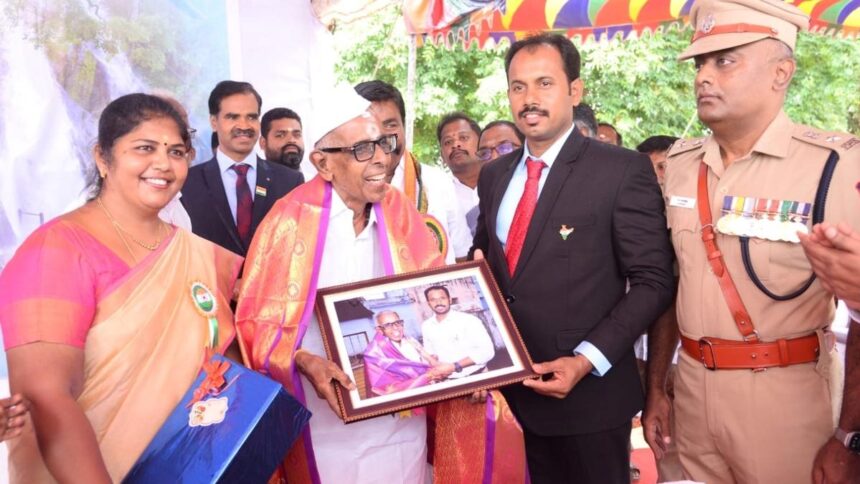The Supreme Court on Friday (August 22, 2025) modified its earlier suo motu directive requiring civic authorities in Delhi and the four adjoining districts to capture all stray dogs and confine them in shelters within six to eight weeks. The court directed that such dogs be released into the localities from which they were captured, after undergoing sterilisation, deworming and immunisation.
A three-judge Bench of Justices Vikram Nath, Sandeep Mehta, and N.V. Anjaria, however, clarified that the order would not extend to dogs infected with rabies or displaying aggressive behaviour. Such canines, it said, shall be sterilised and immunised but not released into public spaces. “Furthermore, as far as possible, such stray dogs shall be kept in a separate pound shelter after sterilisation and immunisation,” the Bench observed.
Supreme Court hearing on stray dogs capture in Delhi – Updates
The court also directed municipal bodies to establish designated feeding zones in every ward, making it clear that feeding stray dogs in public spaces would be strictly prohibited.
“The feeding areas shall be created and identified keeping in view the population and concentration of stray dogs in a particular municipal ward. Notice boards shall be placed near such designated feeding areas, mentioning that stray dogs shall only be fed in such areas. Under no condition shall feeding of the stray dogs on the streets be permitted. The persons found feeding the dogs on the streets in contravention of the above direction shall be liable to be proceeded against under the relevant legal framework,” Justice Nath said while reading out the operative part of the order in open court.

The judges noted that these restrictions were necessitated by “untoward incidents” arising from the unregulated feeding of strays. They further directed municipal authorities to create a dedicated helpline for reporting violations of the order. “On such a report being received, appropriate measures shall be taken against the individuals/NGOs concerned,” the Bench said.
The court also cautioned that anyone obstructing public servants in carrying out these directions would be proceeded against. It also permitted animal lovers wishing to adopt stray dogs to submit applications to the concerned municipal bodies.
The judges further directed that individual petitioners and animal rights organisations, which had approached the court, must deposit ₹25,000 and ₹2 lakh, respectively, with the Supreme Court Registry within seven days, failing which they would be barred from further participation in the matter.
Treat it as pan-India issue: Bench
Notably, Justice Nath expanded the ambit of the proceedings beyond the Delhi-National Capital Region (NCR), directing that the matter be treated as a pan-India issue to facilitate the framing of a national policy. “We have expanded the scope pan-India and have issued notices to all States and Union Territories, notices to concerned departments, since there are various similar matters pending before this court, so that a national policy can be framed to deal with the issue”, the court said.
The court also said it will transfer to itself similar petitions pending before different High Courts to ensure that a uniform policy on stray dog management is formulated.
Dogs and laws: On street dogs and the Aug. 11 Supreme Court order
The suo motu case, initially heard by a Bench led by Justice J.B. Pardiwala, was later reassigned by Chief Justice of India B.R. Gavai to a three-judge Bench headed by Justice Vikram Nath. The reassignment followed an oral mentioning on August 13, 2025, by a lawyer who apprised the CJI of a May 9, 2024, order mandating compassionate treatment of stray canines. In a rare administrative move, the CJI withdrew the case from Justice Pardiwala’s Bench and reassigned it to the three-judge Bench led by Justice Nath. The larger Bench heard the matter at length on August 14, 2025, before reserving orders.
During the proceedings, Solicitor General Tushar Mehta, appearing on behalf of the Union Government, had said that most fatalities from dog bites and rabies involved children and urged the court to craft an immediate solution to what he described as an escalating public health crisis.
Senior advocate Kapil Sibal, appearing for an NGO that looks after dogs, had pressed for a stay on some of the directives in the August 11, 2025, order, contending that they contravened the Animal Birth Control (ABC) Rules, 2023, which prohibit the relocation of strays from their original place of habitation.
In its August 11, 2025, order, Justices Pardiwala and Mahadevan had directed the MCD and other civic authorities to round up all stray dogs within eight weeks and keep them in dedicated shelters, with no re-release onto the streets. The authorities had also been instructed to establish shelters with the capacity to house at least 5,000 strays within eight weeks.
However, the directives sparked widespread outrage among animal rights activists, public figures, and welfare organisations, who have argued that the region lacks sufficient facilities to accommodate an estimated eight lakh stray dogs. They have cautioned that the large-scale capture of so many animals could result in logistical chaos and possible acts of cruelty.
Published – August 22, 2025 01:18 pm IST








